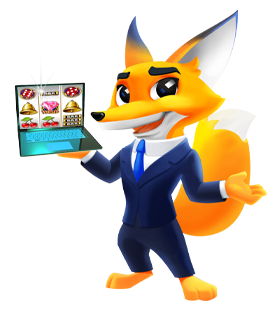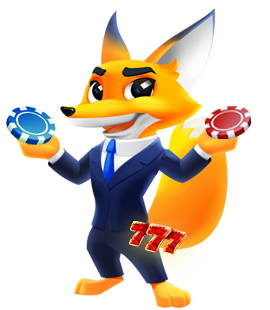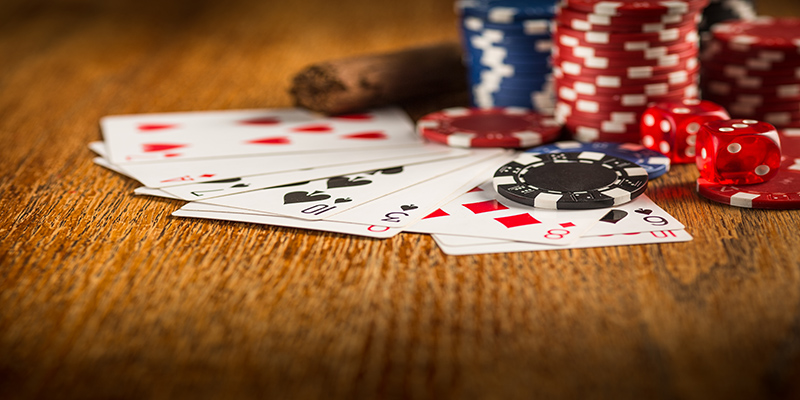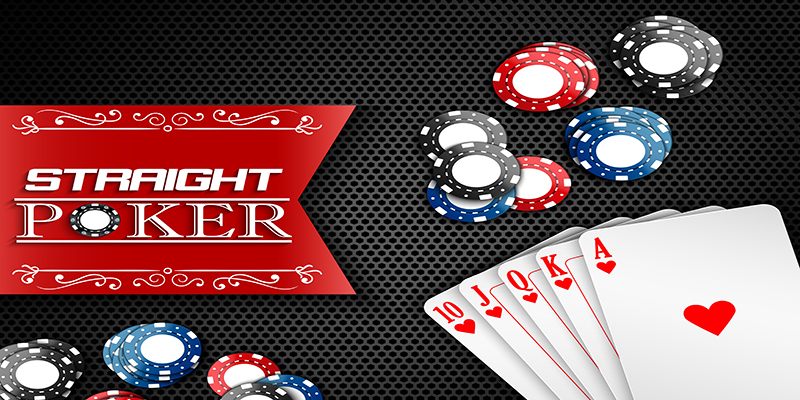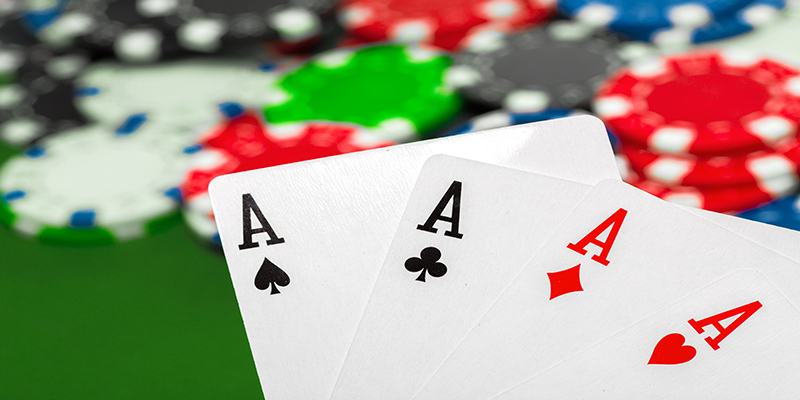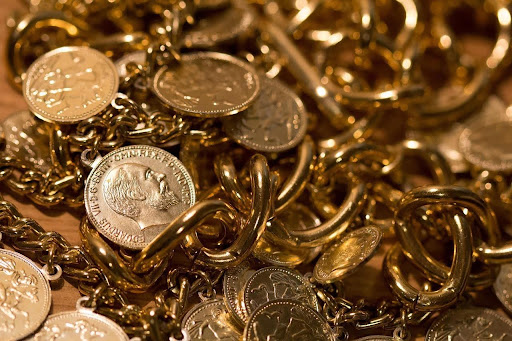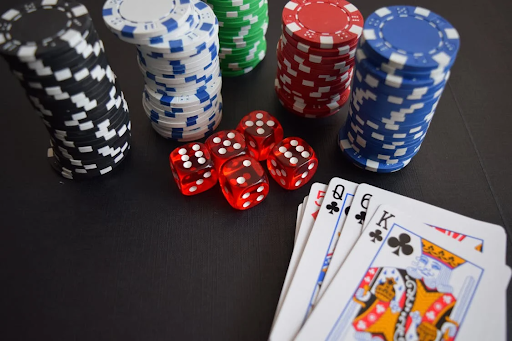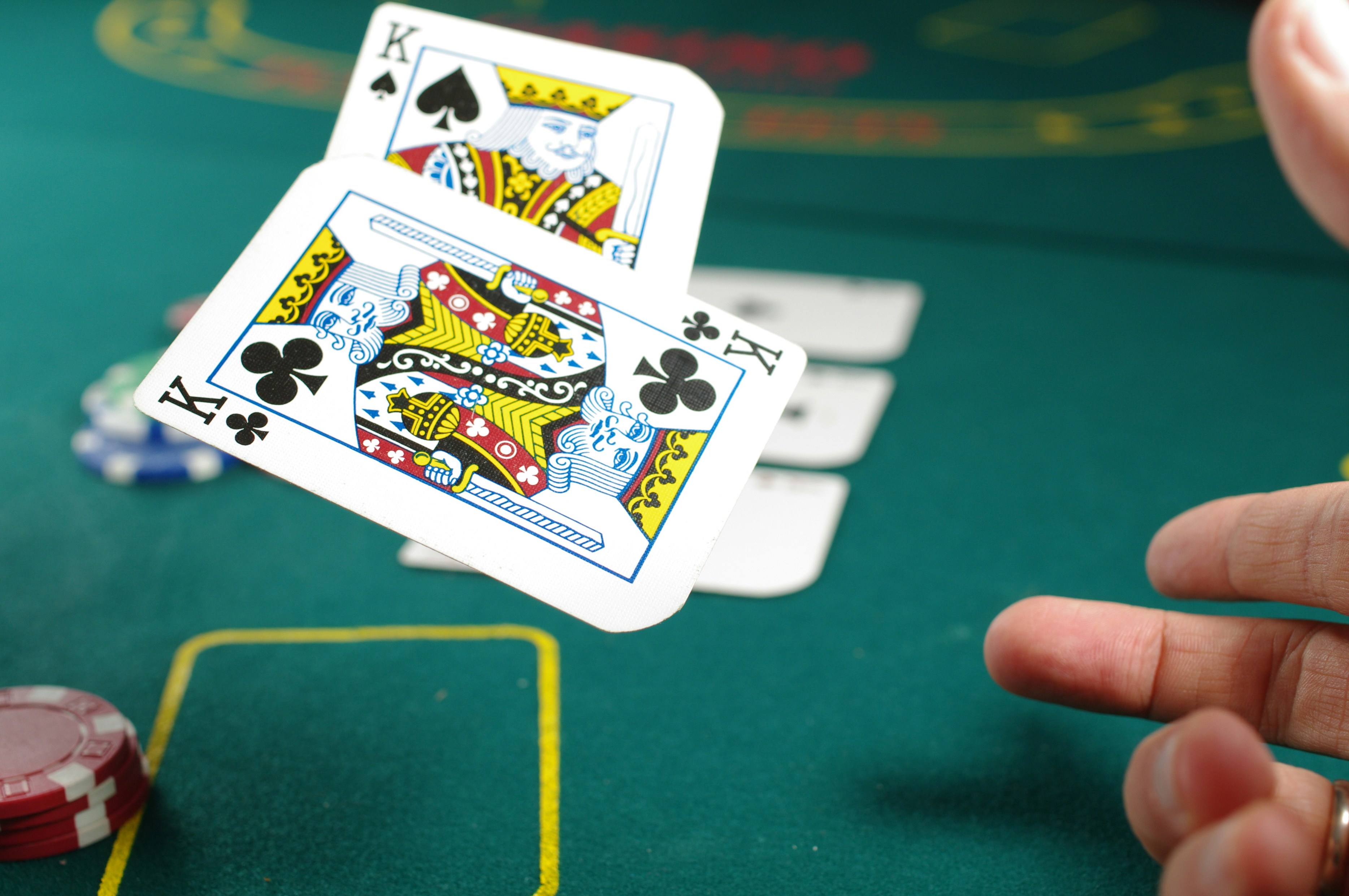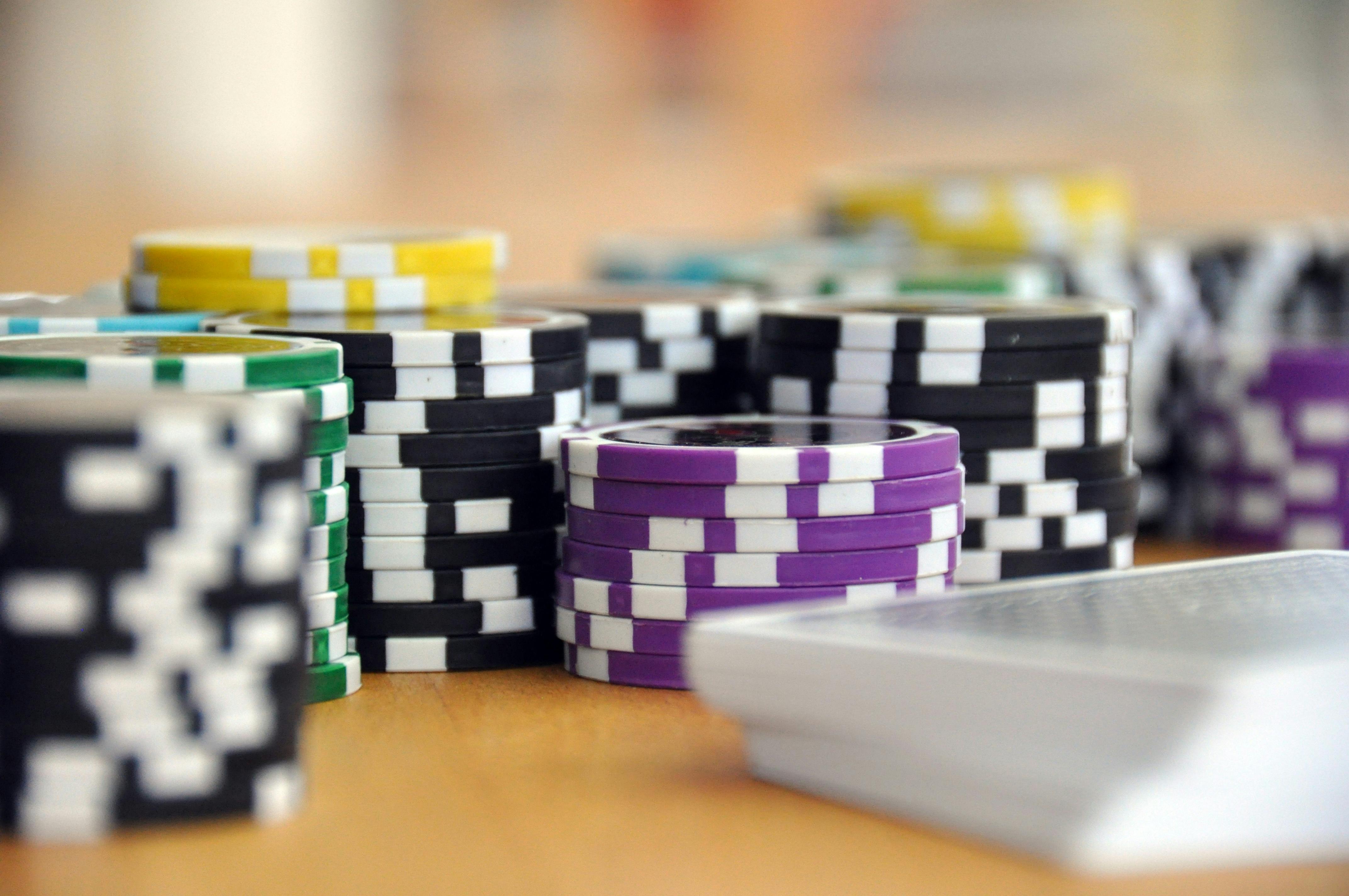What Is Fish in Poker? How to Identify Fish Players
If you're a regular customer of poker tables, you've probably heard of the term "fish." The phrase is commonly used as a technical term to refer to a supposed inferior player at the table. As you might imagine, isolating weak opponents is a critical component of generating money at poker.
Today's article will cover this exciting topic. We'll dig into the origin of the term, explain why you should be careful when using it, show you how to determine who is the fish on your poker table, and how to take advantage of these players with low poker skills to gain more money. Read to find out.
What Is Fish In Poker?
In poker, a "fish" is a player that frequently makes egregious errors, causing them to lose in the games they play. In other words, a weak poker player at the table is referred to as a fish. Playing hands that should always be folded, betting outrageously too much or too small for their hand strength, or playing too passively are examples of these blunders. So, congratulations if you uncover a mistake-prone player at your poker table: You've located the fish.
These players are also known as "donkeys" in some quarters, but for simplicity, we'll refer to them as "fish." However, you should be aware that donkeys and fish are basically interchangeable.
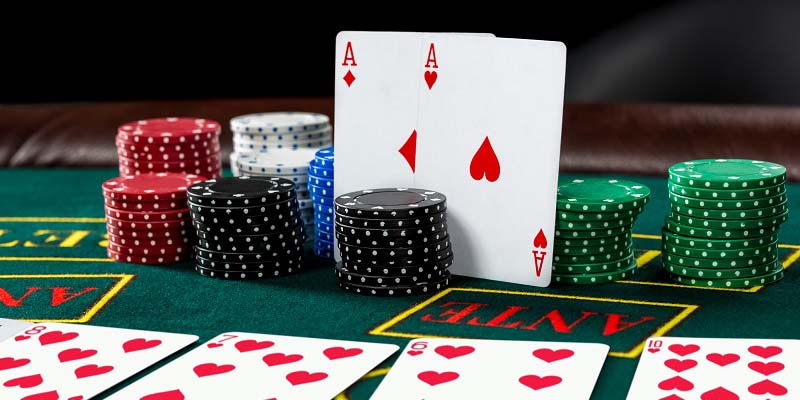
It's vital to be cautious when using this term at the poker table since many people associate it with being impolite and unpleasant. Most professional players now use the term "fish" as a technical term to describe a "weak regular" at the table. In contrast, many publications still use phrases like "recreational player" or "fun player" instead.
Despite extreme caution to avoid using the phrase "fish" in a professional situation for fear of offending recreational players, there is no recorded proof that such a term offends players. Part of the rationale appears to be that a terrible poker player is unlikely to believe the word "fish" refers to them personally. This is due to poker players' proclivity towards the "Lake Wobegon" effect.
In addition to our argument about cautiousness when using the term, fishiness is relative. This is because even the best poker players make mistakes. A poker expert can be referred to as the fish in some specific circumstances. For example, if you're the tenth-best poker player in the world and you're seated at the same table as the top nine, you are the fish.
The consistency and size of their blunders distinguish fish from average poker players. Poker is a challenging game in which players frequently make mistakes. However, the top players will reduce the amount and severity of their errors. That is, when they make mistakes, it does not cost them as much. On the other hand, fish will make blunders in practically every hand, and their mistakes will cost them significantly more over time.
Why Is It Called Fish?
People love to use metaphors to avoid discussing controversial topics in life, which is true when we apply it to the poker ecosystem. Poker experts often compare good players beating inferior players to a food chain in the wild. The distinction between each player's style and ability creates a natural food chain among poker players.
More specifically, the best players are at the top of the food chain, winning money from everyone else, while the worst players are at the bottom, losing money to everyone. When individuals at the top of the food chain battle those at the bottom, the struggle is frequently one-sided and unjust.
As a result, the predator/prey metaphor is frequently employed throughout a poker game. The bad players are referred to as "fish" in the most often used metaphor of this sort, whereas the excellent players are referred to as "sharks" or "card sharks." Obviously, when a shark engages a fish, the outcome is frequently disastrous for the fish. Similarly, when a player with exceptional playing talents faces a player with poor abilities, the terrible player frequently loses.
While being called a shark is praise, being named a fish is moderately insulting. There are several disparaging nicknames for terrible players, and one of the most frequent is "fish." Because the word gained popularity before the introduction of internet poker, it is typically heard in traditional settings. Internet poker rooms have their jargon, and the slur of choice is "donk" or "donkey." As mentioned, they can replace each other.
How to Identify Fish Poker Players?
Playing poker is difficult; therefore, having an advantage on the field is always advantageous. One of the simplest methods to accomplish this is to locate newcomers and steal their chips.
Unless you're playing a high-stakes game, there's a decent chance you'll be paired with someone inexperienced. Identifying the weakest link and capitalizing on their lack of information will significantly boost your chances of succeeding.
On a low-stakes table, you have a decent chance of spotting a poker fish because there are likely to be numerous recreational and novice players. Identifying the fish on your table and exploiting their lack of ability might benefit you and boost your chances of winning. There are a few variables to look out for when determining the weakest player at the table. So, here are a few strategies for spotting and playing against the fish on your table.
Consistently Forgetting the Rules or Simply Doesn’t Know Them
Poker, like every other game, has a learning curve. You could be lucky enough to sit in a game with one or more players who have never played poker before or are relatively new to the game. These participants will make many rookie mistakes and must be reminded of the rules several times during the session.

For example, the blinds are frequently a source of confusion for new players. They will either not understand what the blinds represent or how much to wager.
Another typical mistake inexperienced players make is failing to recognize which hands are superior to others. New players frequently believe they have a winning hand when they don't, and vice versa.
Many experienced players make the mistake of being impatient with these players and making them feel horrible about themselves. Don't be one of those people that discourage such conduct because the poker environment cannot thrive without fresh players.
These "newbies" will get the feel of the game's flow after a few sessions, which will speed up the game. Depending on the player's financial status and the size of the game, the beginner may become a whale in the game, which is excellent for the game, especially for the winning players.
To prevent being a fish, make sure you study the game and grasp the rules. Allow an experienced buddy to show you the ropes and play online for free to become acquainted with the game.
Playing Too Many Hands
A player who plays too many hands is the most typical clue that he or she is a fish. This is especially true if the player is cold calling pre-flop raises with hands from the bottom 30 - 50% of the poker hand range.
Approximately 75% of poker hands will lose you money in the long term and should nearly always be folded. A poor player does not comprehend this principle and will play 70-90 percent of hands, calling everything from 9-3 to Q-3, for example. These cards lose players money since they don't flop good enough and, when they do, they can be easily broken against a more dominant hand.
When facing such opponents, you should value bet all of your made hands and cbet repeatedly. If these players are sticky, consider double barreling to compel them to put down single pair hands on the turn. If this does not work, make the necessary adjustments. When you do have the hand, mix it up now and again to throw them off, but in general, you should wager with all of your top pairs or better, as well as semi-bluffs.
Play a good range of the top 20 - 30% of hands to avoid being a fish. Make careful to change your range based on your location and the players that must speak after you.
Constantly Limping
Limping is one of the most obvious signs to determine who is the weak player at the table. Usually, players with this trait are rarely the final pot winners.
For those who are unfamiliar with the phrase, "limping" refers to players who frequently check and call rather than raise. When you limp into your hands, your odds of winning are much reduced.
The finest poker players in the world are incredibly picky about how many hands they play. This is because betting a few hands aggressively is always preferable to betting multiple hands quietly. In addition, competent poker players who grasp basic strategy realize that you should always enter the pot by raising rather than calling the big blind, especially in huge-bet poker variation.
This is an excellent technique to set money on fire. When you open-raise, you give your opponents the option to fold and allow you to win the pot uncontested, which is unquestionably the finest approach to win a pot.
Limping in merely guarantees that you will have to see a flop if you want to win, and post-flop play is far more involved than pre-flop play.
This concept is frequently foreign to new players. It's alluring to play a hand for the least amount of money. As a result, when beginners can view the flop without needing to raise the stakes, they will seize the chance.
Pre-flop raises are frequently used by good players to eliminate part of the competition and boost their odds. Players who are unfamiliar with the game are unlikely to employ this strategy.
Their Emotions Are All Over the Place
A steady and effective poker approach entails emotional stability regardless of the outcome. Other players should never be able to figure out what's going on in your thoughts. When they do, superior players can methodically figure you out and demolish you.
It is quite difficult, especially for novices, to maintain a constant emotional attitude while gambling. It's difficult to suppress the excitement that follows a major success while masking the grief that follows a terrible defeat.
Players who lose control of their emotions might become visible fish at the table. Their capacity to make sensible judgments will deteriorate and they will almost certainly begin to gamble irresponsibly.
Getting a newbie on the wrong end of one of these emotional outbursts may be highly profitable for experienced players.
Unusually Sized Bets
The lack of comprehension of the game is what distinguishes a poker fish from a strong player. This lack of knowledge causes them to make mistakes, which costs them money. This lack of comprehension is frequently reflected in the size of wagers and the hands with which they gamble. More specifically, any wager size within the regulations can be utilized at any moment, but fish don't give it any attention.
In a Hold'Em game, for example, the normal preflop raise amount to start the action is 2-4 big blinds. If you witness a guy bloating the pot and raising preflop 8 times the big blind with no limpers behind him, he may be a fish. Similarly, keep an eye out for opponents that push 20 large blinds deep in tournaments. That is definitely a fish.
A fish may also be identified by observing its post-flop bet sizing. After the flip, the half pot, two-thirds pot, or full pot is standard. When you raise, it is usually close to three times the initial stake.
If you find yourself in a situation where your opponent min-bets on the river despite the large pot, you've just discovered the weak player.
Look for players with no clear strategy and who are making things up as they go. A skilled player may do something that appears strange to you, but it is something they have researched, have a purpose for doing it, and will do it regularly. A poker fish, on the other hand, will not have a motive for their actions and will most likely make their decision randomly or based on 'how they feel' at the time.
Fish frequently make abnormally modest bets, including min-bets, giving you the pot odds to keep drawing. They may also communicate their holdings' strength by placing exceptionally hefty bets with made hands. If you come into one of these players, be prepared to fold when they place a large bet. So, avoid this typical blunder, and your winnings will rise.
Plays as a Nit or Maniac
Any player that plays at the extremities of the VPIP (Number of Hands) scale will have a difficult time winning. While you would believe that a nit will end up being a winning player since they only play when they have a top 5% hand, those cards don't come around frequently enough to avoid losing money to the blinds. If they're playing against perceptive opponents, their good hands won't provide much value.
If you don't know, VPIP is an acronym that stands for "Voluntarily Put $ in Pot." It is a phrase used in current poker monitoring software and HUDs to express the proportion of hands a poker player plays, such as Hold'em Manager, Pokertracker, and so on. The VPIP scale indicates which poker style a specific player prefers.
Nits may take a little longer to spot than conventional fish because they don't play any cards! If someone isn't engaged at the table, it's easy to forget they're there, and you won't notice how tight they're playing, which is precisely what they want.
Maniacs, on the other hand, are much easier to identify because they play practically every hand possible! These players are unaware of the fold button and will raise every hand preflop to win as many pots as possible post-flop by throwing bluffs.
Maniacs lose more money in the long term because they deliberately give their money away, whereas nits have their money gradually drained from them by the blinds and antes. YOu should choose the latter if you have a choice between a table full of nits and a table full of maniacs.
Find Ways to Defeat Fish Players
It's usually a good idea to know where the weaker players are at the table and to mark them with colored tags if you're playing online. Over time, regardless of how strong we are at poker, the majority of our winnings will come from the lesser players at the table.
What should we do if we have a fish on the table now that we know how to recognize it? Because fish make so many mistakes, they're easy to exploit if you know what to look for.
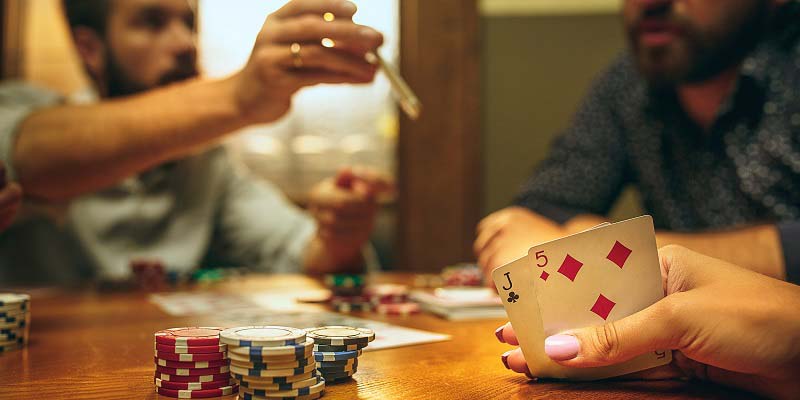
Use Value Bets
One of the most prevalent leaks among poker fish is a dislike of folding. Not before the flop, on the flop, on the turn, or on the river. The easiest approach to earn money against these players who refuse to fold or "call stations" is to value bet thin and value bet frequently.
If a player dislikes folding, bluffing them is simply handing them money. Many players would attempt to deceive a calling station and then berate them for calling down light - what did they expect to happen?
Punish their proclivity to call by placing value bets as frequently as possible. Make a value gamble if you believe you have the best hand. Don't be hesitant to value bet with mediocre cards; these players will look for any reason to call if they believe you're bluffing, so value betting hands like 2nd or 3rd pair will be rewarding.
Raise Their C-Bet More Often
Overly aggressive poker fish will frequently strive too hard to win a pot post-flop, and one way they accomplish this is by c-betting every single flip. Because they're c-betting every hand on the flip, their range is significantly weighted towards weak cards (even more so than usual because they're likely playing too wide of a range preflop), which means we can abuse them in a handful of ways.
One thing we may do is opt to raise their c-bet more frequently to avoid being 3-bet. When the fish sees the raise, they must either fold all of their poor hands, which means they are overfolding to our raise and we immediately earn money, or they must call with part of their bad hands, which means we are up against a weaker range on the turn.
Another alternative is to call the flop c-bet with a broad range to bet if our opponent checks the turn. This depends on the player we're up against; some may try a bluff on the flip and fold if it doesn't succeed, while others will fire all three streets. If we're going to try to abuse them in this manner, we want to be up against the first type of player.
Take Advantage of Positions
Positional awareness is something that poker fish lack in their game. This is the idea that the number of hands you play should be influenced by your position at the table. Instead, these players will play all sorts of hands from all positions, which means that their range will be poorer in most areas than a competent player's range.
To take advantage of this, we should aim to isolate these guys and play a heads-up pot against them, where we can abuse them the most. To do this, we should be upping the pot if they come in limping or re-raising if they come in for a raise. Fish frequently dislike folding after they've already placed money into the pot.
By pursuing them aggressively, we dissuade other players from joining the pot and take advantage of a fish's predisposition to over-defend if they have money invested in the pot.
Conclusion
Identifying and playing against the fishes is a poker technique that can lead to success. When you identify the fish, avoid trying to bluff them since they adore calling with anything that might result in a loss for you. Fish are frequently oblivious of the fundamental rules, and their behavior is chaotic and irregular. That will assist you in observing the fish and behaving appropriately to gain more profit from them.



